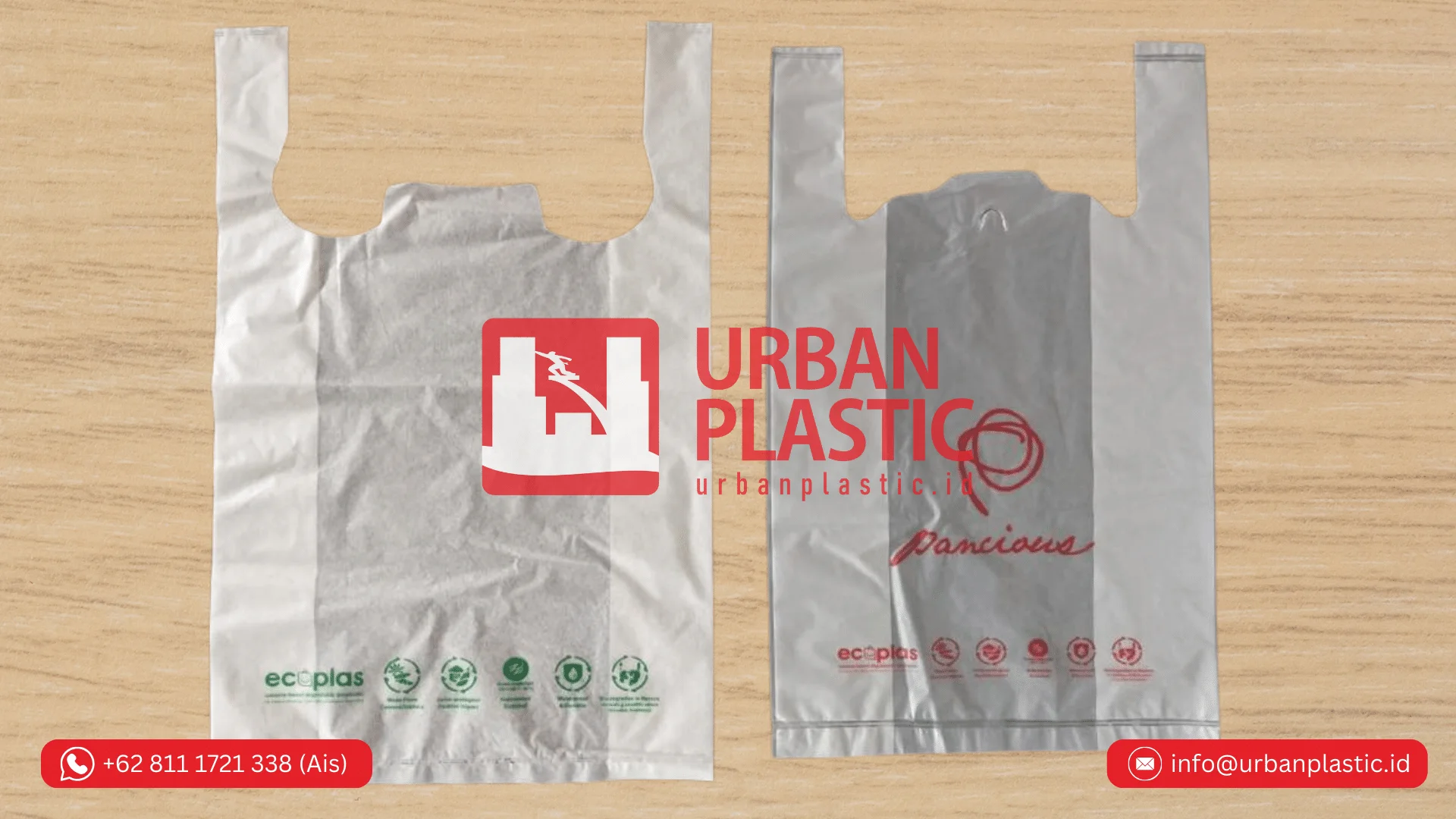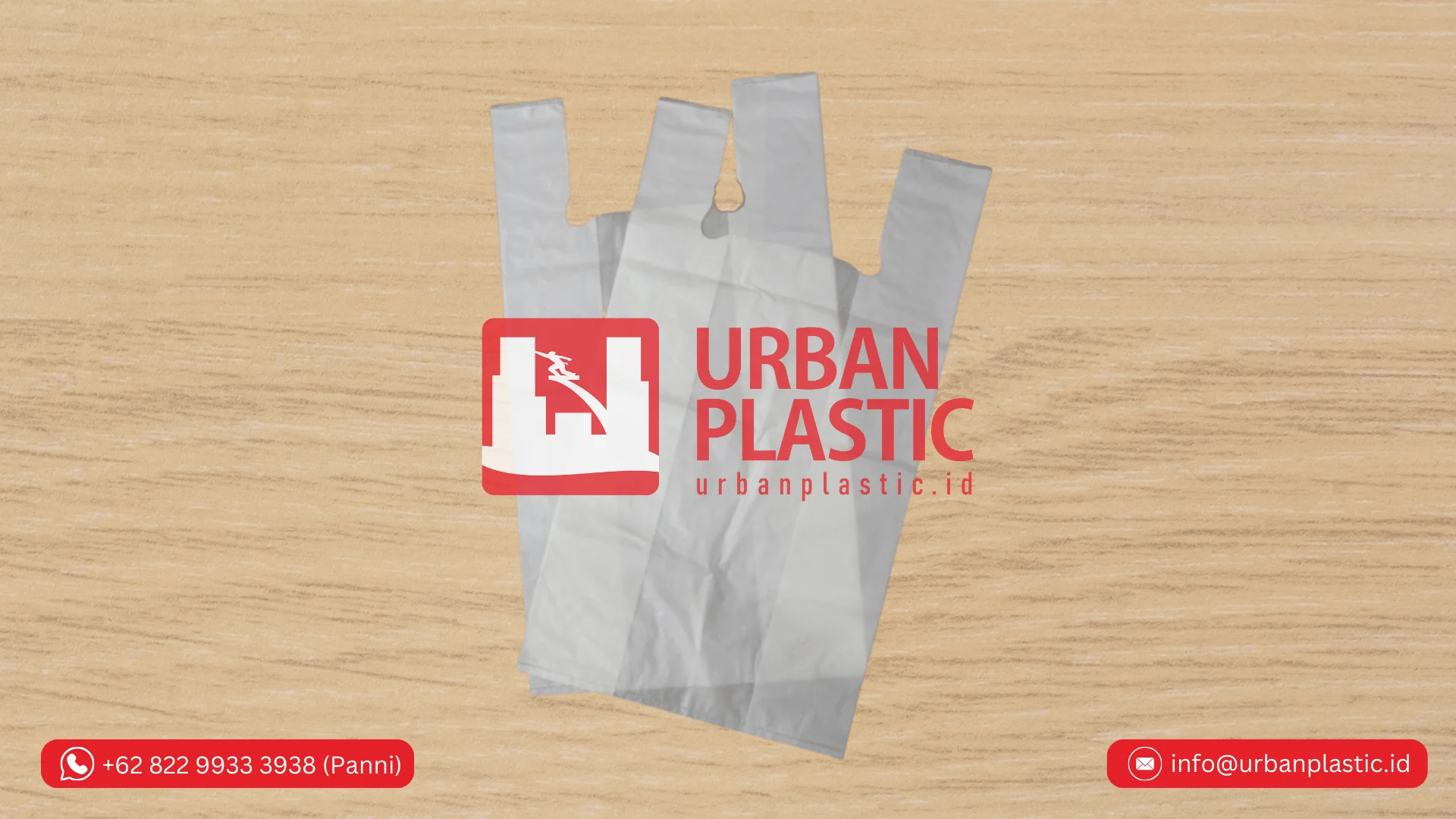In a world grappling with the plastic pollution crisis, Indonesia is spearheading an eco-friendly revolution with the rise of cassava plastic manufacturing. Indonesia, known as one of the world’s largest plastic polluters, has taken a significant step towards combating this issue by embracing the cassava plant as a raw material for producing biodegradable plastic. Cassava plastic is derived from cassava starch, a renewable resource that is abundant in the country, making it a more sustainable choice compared to conventional plastics derived from fossil fuels.
By leveraging cutting-edge technology, Indonesian companies are making great strides in creating cassava plastic products that are not only eco-friendly but also comparable in price and quality to traditional plastic. This shift towards cassava plastic manufacturing has the potential to reduce plastic waste and mitigate the harmful effects of plastic pollution on the environment.
Join us as we explore the fascinating world of cassava plastic manufacturing in Indonesia and witness the eco-friendly innovations driving a greener future.


The Problem with Traditional Plastic Manufacturing
Traditional plastic manufacturing processes heavily rely on fossil fuels, contributing to carbon emissions and depleting finite resources. Moreover, the resulting plastics take hundreds of years to decompose, leading to the accumulation of plastic waste in landfills and oceans. This has severe consequences for wildlife, ecosystems, and human health. The urgent need for sustainable alternatives to traditional plastics has become increasingly apparent.
Cassava plastic manufacturing offers a solution to these issues by utilizing a renewable and biodegradable resource. It presents an opportunity to reduce the environmental impact of plastic production and disposal, making it an attractive option for environmentally conscious consumers and businesses alike.
While traditional plastic manufacturing poses numerous challenges, the rise of cassava plastic manufacturing in Indonesia brings hope for a more sustainable future.
What is Cassava Plastic?
Cassava plastic, also known as bioplastic or biodegradable plastic, is a type of plastic made from cassava starch. Cassava, a root vegetable native to South America but widely cultivated in Indonesia, is rich in starch content, making it an ideal raw material for plastic production. The starch is extracted from cassava and processed to create a polymer, which can be molded into various shapes and forms.
Unlike traditional plastics, cassava plastic is fully biodegradable and decomposes within a few months in natural environments. This eliminates the long-lasting environmental impact associated with conventional plastics, reducing pollution and preserving ecosystems.
Benefits of Cassava Plastic Manufacturing
The rise of cassava plastic manufacturing in Indonesia brings forth several benefits for both the environment and society. Firstly, cassava plastic is derived from a renewable resource, unlike fossil fuel-based plastics. The abundance of cassava in Indonesia ensures a sustainable and consistent supply of raw materials for plastic production. This reduces reliance on non-renewable resources and helps conserve the environment.
Secondly, cassava plastic is biodegradable, meaning it breaks down naturally over time, leaving no harmful residues. This eliminates the need for extensive waste management systems and reduces the burden on landfills and oceans. The biodegradability of cassava plastic also minimizes the risk of marine pollution and protects marine life.
Additionally, cassava plastic manufacturing offers opportunities for economic growth and job creation. As the demand for eco-friendly alternatives increases globally, Indonesian companies have the potential to become leaders in cassava plastic production, generating revenue and employment opportunities. The shift towards a greener economy not only benefits the environment but also supports sustainable development and social well-being.
The Rise of Cassava Plastic Manufacturing in Indonesia
Indonesia, with its vast cassava plantations and urgent need to address plastic pollution, has emerged as a key player in cassava plastic manufacturing. The country’s favorable climate and fertile soil provide optimal conditions for cassava cultivation, ensuring a reliable supply of raw materials.
Driven by the desire to combat plastic pollution and capitalize on the economic potential of cassava plastic, Indonesian companies have invested in research and development to refine the manufacturing process. Cutting-edge technologies have been employed to extract cassava starch efficiently and transform it into high-quality plastic products.
Indonesia’s commitment to cassava plastic manufacturing is evident through partnerships between government agencies, research institutions, and private enterprises. These collaborations aim to scale up production, improve product quality, and establish Indonesia as a global hub for eco-friendly plastic innovation.
The Rise of Cassava Plastic Manufacturing
Cassava plastic manufacturing has emerged as a promising solution to the plastic pollution crisis in Indonesia. With its abundance of cassava, the country has found an innovative way to utilize this versatile crop to create biodegradable plastic products. The process involves extracting starch from cassava, which is then converted into a resin that can be molded into various shapes and forms.
One of the key advantages of cassava plastic is its biodegradability. Traditional plastic can take hundreds of years to decompose, contributing to the ever-growing problem of plastic waste in landfills and oceans. Cassava plastic, on the other hand, can degrade within a matter of months, significantly reducing its environmental impact.
Indonesian companies are investing in state-of-the-art technology to enhance the manufacturing process and ensure that cassava plastic products meet the same standards of quality and durability as traditional plastic. This commitment to innovation has allowed them to produce a wide range of cassava plastic items, including packaging materials, cutlery, bags, and even textiles.
The rise of cassava plastic manufacturing is not only benefiting the environment but also creating new opportunities for local farmers. With the increased demand for cassava as a raw material, farmers are finding a lucrative market for their produce. This has the potential to uplift rural communities and contribute to the overall economic development of the country.
Challenges and Opportunities in Cassava Plastic Manufacturing
While cassava plastic manufacturing holds great promise, it is not without challenges. One major obstacle is the need to scale up production to meet the growing demand for eco-friendly plastics. Research and development efforts are focused on optimizing manufacturing processes, increasing efficiency, and ensuring consistency in product quality.
Another challenge lies in the perception and acceptance of cassava plastic among consumers and businesses. Education and awareness campaigns are crucial to highlight the benefits of cassava plastic and dispel any misconceptions about its performance and cost-effectiveness compared to traditional plastics.
However, these challenges also present opportunities for innovation and growth. Improved manufacturing techniques and increased market demand can drive economies of scale, making cassava plastic more affordable and accessible. Additionally, the development of value-added products and collaborations with international partners can open up new markets and create export opportunities for Indonesian businesses.
Government Initiatives and Support for Cassava Plastic Manufacturing
Recognizing the potential of cassava plastic as a sustainable alternative, the Indonesian government has implemented various initiatives to support its manufacturing and adoption. These include providing financial incentives, promoting research and development, and establishing regulatory frameworks to encourage the use of eco-friendly plastics.
Government agencies collaborate with research institutions and private enterprises to fund research projects, develop innovative technologies, and facilitate knowledge-sharing. These initiatives aim to accelerate the growth of cassava plastic manufacturing and position Indonesia as a global leader in sustainable plastic production.
Additionally, the government actively encourages the use of cassava plastic through procurement policies and public awareness campaigns. By leading by example and promoting the benefits of cassava plastic, the government plays a pivotal role in driving the adoption of this eco-friendly alternative.
Success Stories of Businesses Using Cassava Plastic
Several Indonesian businesses have successfully embraced cassava plastic manufacturing and achieved notable success. One such example is a local packaging company that has transitioned from traditional plastic to cassava plastic packaging. They offer a wide range of eco-friendly packaging solutions to clients across various industries, meeting their sustainability goals while maintaining quality and affordability.
Another success story involves a fashion brand that utilizes cassava plastic fibers in their clothing production. By incorporating cassava plastic into their garments, they reduce reliance on synthetic fibers derived from fossil fuels and contribute to a circular economy. The brand has gained recognition for its commitment to sustainability and has seen increased consumer support as a result.
These success stories demonstrate the viability and market potential of cassava plastic manufacturing. They serve as inspiration for other businesses to adopt similar practices and contribute to a greener future.
Future Prospects and Potential of Cassava Plastic Manufacturing
The future of cassava plastic manufacturing in Indonesia looks promising. As awareness and concern about plastic pollution continue to grow globally, the demand for sustainable alternatives will increase correspondingly. Cassava plastic, with its renewable nature and biodegradability, is well-positioned to meet this demand.
With ongoing research and development efforts, the manufacturing process of cassava plastic is expected to become more efficient and cost-effective. Innovations in biotechnology and material science may further enhance the properties of cassava plastic, making it an even more compelling choice for various applications.
Furthermore, collaborations with international partners can facilitate technology transfer and knowledge exchange, enabling Indonesian businesses to access global markets. This can lead to increased export opportunities and contribute to the country’s economic growth.
In conclusion, the rise of cassava plastic manufacturing in Indonesia is a significant step towards a more sustainable future. By leveraging the country’s abundant cassava resources and embracing cutting-edge technologies, Indonesian companies are at the forefront of eco-friendly plastic innovation. With the potential to reduce plastic waste, mitigate pollution, and promote economic growth, cassava plastic manufacturing represents a groundbreaking solution to the plastic pollution crisis. As more businesses and consumers embrace this sustainable alternative, the world moves closer to a greener, cleaner, and more environmentally conscious future.
For more information about cassava bag please contact: Whatsapp/Mobile Phone: +62 822 9933 3938 (Ms. Panni) or Email : [email protected]

